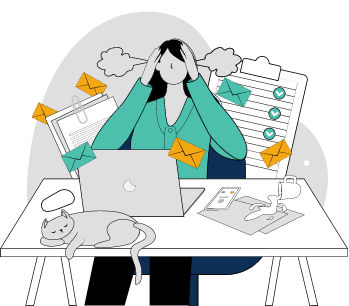Listen to this episode
On this episode
Corrina Gordon-Barnes joins us to share how to better relationships and take control and stay in your zone of power. She explains how to make a good decision by questioning your thoughts and assumptions.
Episode transcript
Dr Rachel Morris: Do you feel stuck in a job or in a relationship that you’re really not enjoying? Do you feel resentful about things that should or shouldn’t be happening and powerless to do anything about it? Are you agonising about whether to stay and put up with the way things are, or whether you need to leave, but you just can’t make up your mind? You might need to approach things a bit differently. In this episode, I’m chatting with Corrina Gordon-Barnes. A coach, trainer, and specialist on how to make relationships easier. We’re talking about how the…










